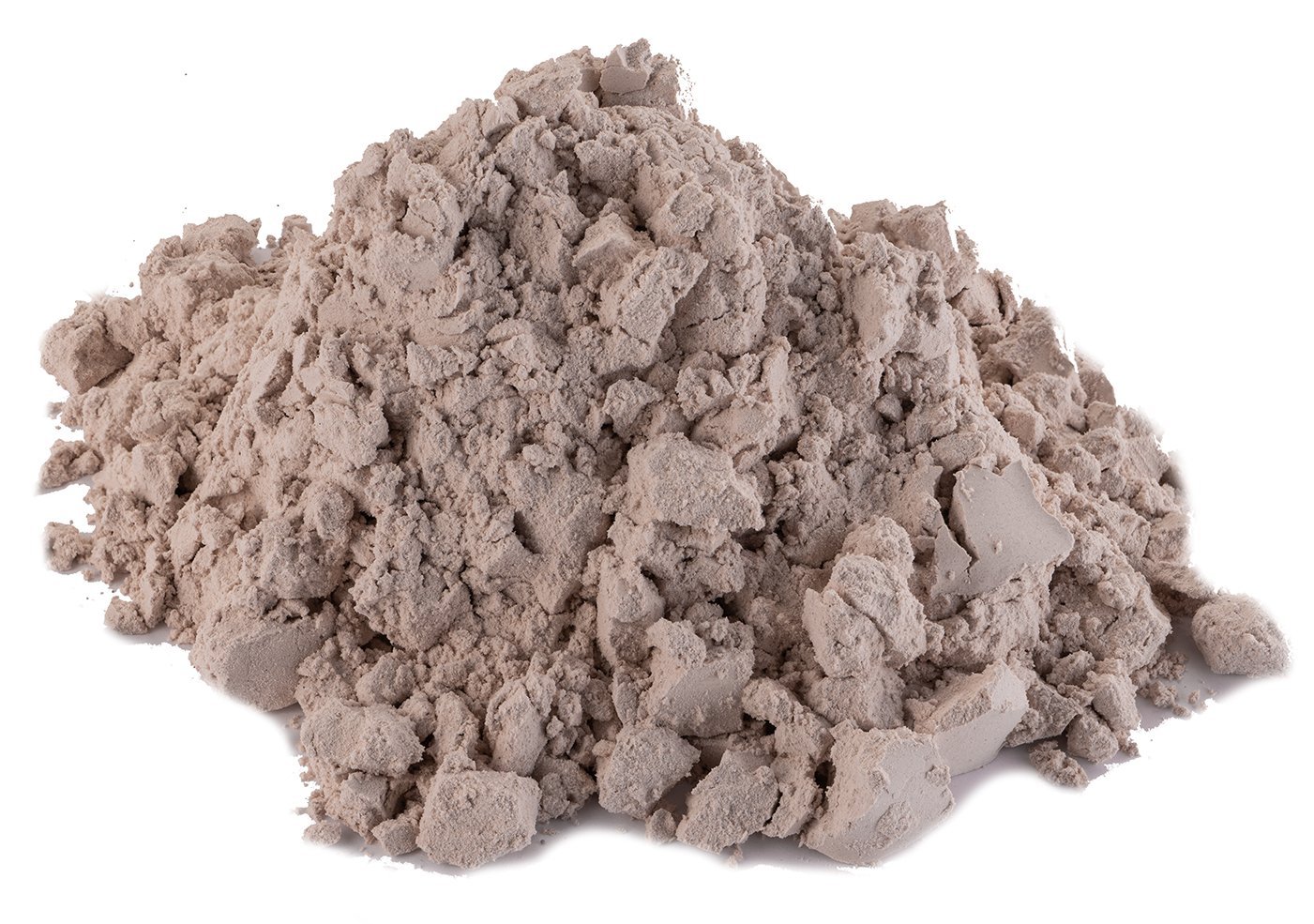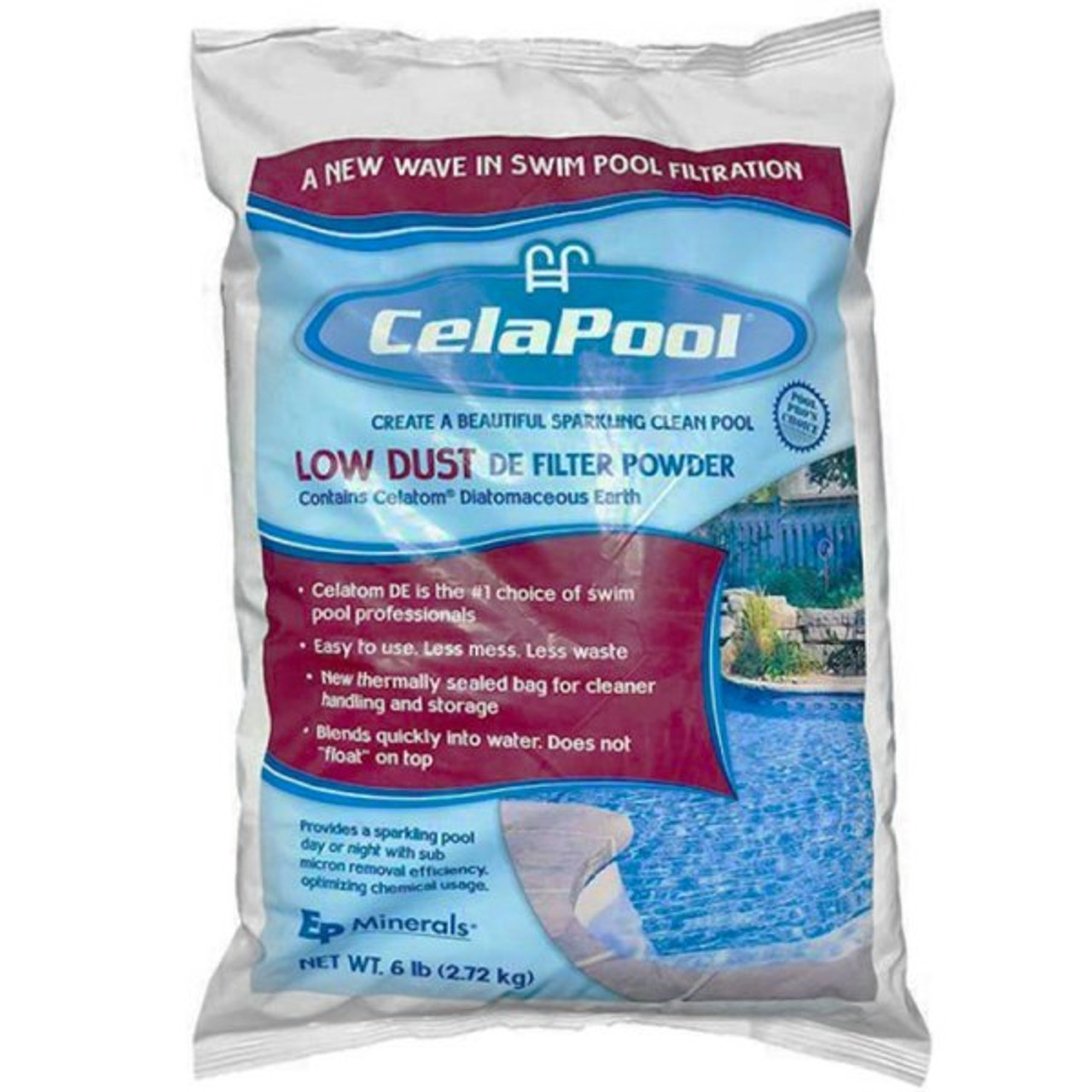Diatomaceous Earth Filtering vs Other Filtration Methods: What You Need to Know
Diatomaceous Planet Filtering: A Natural Remedy for Superior Water Filtration

Diatomaceous Earth (DE) filtering system has emerged as an engaging method for enhancing water filtration, utilizing the special properties of fossilized diatoms. As concerns over water high quality heighten, recognizing the advantages and sensible applications of DE filtering system becomes progressively relevant.

What Is Diatomaceous Planet?
Diatomaceous planet (DE) is a naturally happening, soft, sedimentary rock that is composed mostly of the fossilized remains of little marine microorganisms called diatoms. These single-celled algae possess an one-of-a-kind, silica-based cell wall surface that contributes to the distinctive residential properties of DE. The rock is typically light and permeable, enabling it to take in numerous compounds efficiently.

Because of its high porosity and absorptive capability, DE serves many applications, including its use in agriculture, pest control, and, notably, water filtration. The performance of diatomaceous planet in filtering is credited to its capacity to catch and get rid of pollutants from water, making it a progressively prominent selection amongst those seeking all-natural filtering remedies. Its eco-friendly nature and adaptability further enhance its charm throughout different sectors.
Exactly How Diatomaceous Planet Filtering Functions
The special structure of diatomaceous planet (DE) allows it to function as an efficient purification tool in water purification systems (diatomaceous earth filtering). Composed of the fossilized remains of tiny, water organisms known as diatoms, DE possesses a highly absorptive and porous nature. This detailed structure permits DE to trap pollutants and impurities as water streams through it, successfully removing particles as small as 1 micron
When water is passed through a DE filter, the fluid comes across a network of tiny pores that capture put on hold solids, bacteria, and various other undesirable materials. The filtering procedure takes place due to both electrostatic and mechanical communications, where bigger fragments are literally trapped within the DE's matrix, while smaller bits may comply with the surface area as a result of charged communications.
Additionally, DE can be used together with various other purification approaches to improve overall efficiency. As water continues to flow via the DE layer, it progressively ends up being clearer and cleaner, showcasing the medium's capability to enhance water quality without the need for harsh chemicals. This natural purification procedure highlights diatomaceous planet's role as a effective and sustainable solution for water purification.
Benefits of Diatomaceous Earth Filtering
Efficiency in water purification is dramatically improved through the use of diatomaceous earth (DE) filtering, providing various benefits that make it a recommended selection for lots of applications. One of the primary advantages of DE filtering is its ability to remove a variety of pollutants, including tiny organisms, sediments, and also certain chemicals. This capacity ensures that the water purified via this method is not only clean yet additionally safe for consumption.
In addition, DE filters have a high circulation price, which enables for quicker purification contrasted to standard techniques. This characteristic is specifically helpful for massive procedures such as municipal water therapy plants or swimming pools. Using DE also reduces the demand for harsh chemical additives, promoting a more eco-friendly technique to water purification.
Furthermore, DE filtering system systems are reasonably simple to keep, requiring much less constant replacement than other filtration media. The all-natural beginning of diatomaceous earth adds to its sustainability, making it an eco-conscious selection. In general, the mix of effectiveness, performance, and ecological advantages positions diatomaceous earth filtering as a leading remedy in the realm of water filtration.
Contrast With Typical Water Filters
When assessing water filtration approaches, diatomaceous planet filtering system attracts attention in comparison to typical water filters. Conventional water filters, such as triggered carbon or ceramic filters, mostly concentrate on removing contaminants with adsorption or physical barriers. While these approaches work for sure contaminations, they might not capture smaller particles, germs, or viruses as efficiently as diatomaceous planet (DE) filters.
Diatomaceous planet filtering system makes use of the distinct structure of diatomite, made up of microscopic, permeable fossilized algae. This enables DE filters to trap fragments as small as 1 micron, offering superior filtering capabilities. Furthermore, DE filters can deal with larger quantities of water without significant pressure loss, making them appropriate for both commercial and residential applications.
In addition, diatomaceous planet his comment is here is a lasting and all-natural material, presenting less environmental worries contrasted to some artificial filter media. In contrast, traditional filters usually call for normal substitute and disposal, resulting in boosted waste.
Applications and Use Instances
Diatomaceous planet (DE) filtering has a varied series of applications throughout various markets as a result of its reliable filtration capacities. One of one of the most popular uses of DE remains in the food and drink industry, where it works as a filtration tool for wine, beer, and juice production. Its porous structure successfully gets rid of contaminations, making certain a palatable and clear end product.
In the realm of swimming pool upkeep, DE filters are favored for their capacity to trap fine bits, giving superior water clarity compared to traditional sand filters. Additionally, DE is utilized in local water therapy centers, where it helps in the elimination of suspended solids, bacteria, and various other impurities, adding to risk-free drinking water.

Beyond water purification, diatomaceous earth finds applications in the agricultural field as a natural chemical and dirt modification, promoting healthier plants while reducing chemical usage. Additionally, its absorptive residential or commercial properties make it helpful in different commercial procedures, including oil spill clean-ups and as a filler in construction products. Overall, the versatility of diatomaceous earth filtering positions it as a useful solution for improving water top quality across several domains.
Final Thought
Diatomaceous planet filtering system stands for a reliable and lasting approach for water purification. Its distinct residential properties make it possible check out here for the capture of tiny pollutants without using harmful chemicals, thus promoting environmental safety. The high circulation rate and reduced maintenance needs further improve its allure contrasted to conventional filtering techniques. As understanding of water high quality problems expands, the fostering of diatomaceous earth filters in various applications is likely to enhance, contributing to boosted public health and eco-friendly conservation.
Diatomaceous Earth (DE) filtering has arised as a compelling technique for improving water filtration, making use of the special residential properties of fossilized diatoms. As water proceeds to flow through the DE layer, it gradually comes to be clearer and cleaner, showcasing the tool's this link capability to improve water quality without the need for extreme chemicals.Performance in water filtration is significantly boosted with the use of diatomaceous planet (DE) filtering, providing many benefits that make it a recommended selection for several applications.When evaluating water filtration methods, diatomaceous earth filtering stands out in contrast to traditional water filters. Standard water filters, such as triggered carbon or ceramic filters, primarily focus on eliminating impurities via adsorption or physical obstacles.